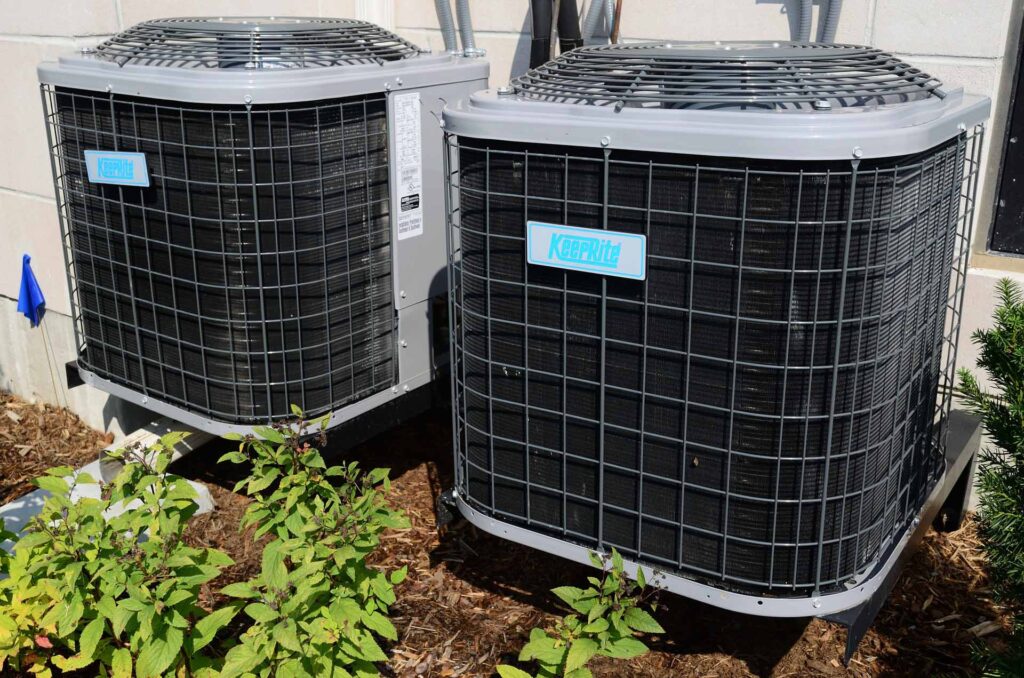It’s hot enough to cook a well done steak on the hood of your car and, low and behold, the air conditioning gives out in the middle of a summer heat wave. Without warning, you’re left in a home hot enough for a sauna with only rotating fans to circulate stale, stifling air. If you’re like many who’ve experienced the failure of one of our most coveted modern amenities — keep your cool — these tips might just save you a trip to the home improvement store.
Battery Changes
As with most basic troubleshooting, start simple and work your way down beginning with power. Batteries in most thermostats go unchecked for months, years, or longer, making them a common and simple source of thermostat trouble. Even with a seemingly responsive thermostat, drained batteries may lack the juice to start your AC. Before making that first call for repairs, swap your batteries and cross your fingers, Bubba, you may have just found the fix.
Inside AC/HVAC Unit
Have you noticed weaker outputs or lagging responsiveness? Filters in AC units require regular replacements to properly clean and channel air through the unit. Before calling the cavalry, turn off the AC and detach the filter from the air return panel. You may notice grime and debris, or possibly cracked and broken webbing at first glance. If so, bring it along to your local hardware store as a reference — out with the old, in with the new.
Before replacing the new filter, leaving the AC off is paramount in this DIY process, as running without an active filter can seriously damage or break the unit altogether. Refer to your new filter packaging for directions to properly install back into the AC. Ensuring the filter is facing the right direction will allow airflow to cycle through as intended.
Outside AC Unit
AC units outside the home rely on unobstructed airflow to function properly. Debris like leaves, branches, dirt, tarps, etc., can stagnate or even halt the process altogether. Upon closer inspection of the outside panels and aluminum fins of your AC unit, pay close attention to hair and other finely clumped particles that may be obstructing the grill.
Before attempting to remove debris, turn off the power to your AC unit. Common household tools like shop vacs and handheld vacuums adequately withdraw debris from the delicate fins and panels without unnecessary or aggressive contact to the unit itself. If the clutter is wedged further inside the aluminum fins, consider a hose or leaf blower pointed from within the unit to flush or blow out harder to reach debris.
If problems persist despite your own attempts, always resort to calling a professional to accurately and safely assess the problem. Running the risk of damaging or even breaking your AC is as detrimental as the heat itself. Leave the finer details to the qualified professionals to get your unit running again as soon as possible to avoid breaking the bank — and your AC.



